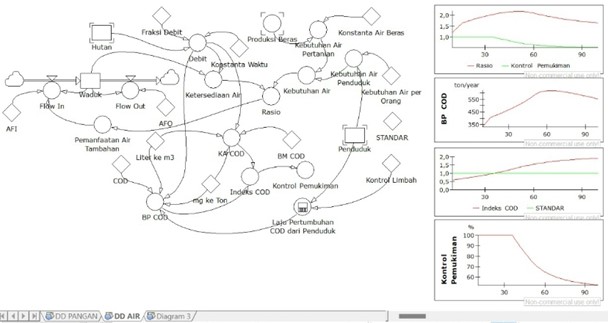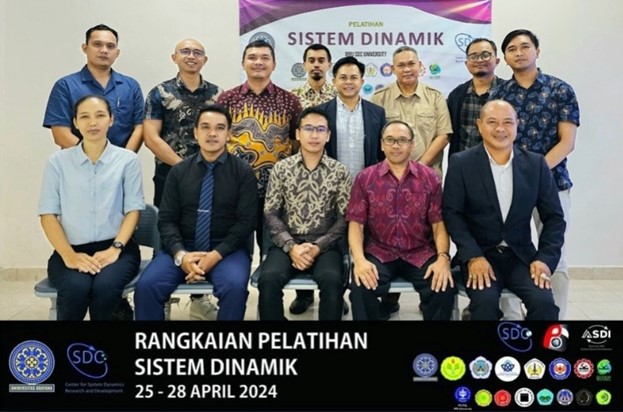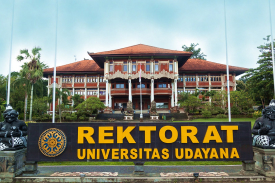Implementation of Cooperation, Postgraduate Unud Holds Dynamic System Training
As
an implementation of the Memorandum of Agreement between the Udayana University
Postgraduate Program and the System Dynamics Center (Number:
B/18/UN14.3/HK.07.00/2023; Number: 020/KJS.SDC/X/2023 dated October 27, 2023),
the Udayana University Postgraduate Program has successfully held System
Dynamics Training from April 25–28, 2024, located at the Data Science, Data
Intelligence, and Sustainability Laboratory on the Second Floor of the Udayana
University Postgraduate Building. This activity is one of the activities of the
Regional Leadership Council of the Indonesian System Dynamics Expert
Association (DPW-ASDI) of Bali Province, which was formed and inaugurated a
year ago, on March 13, 2023.
The training was attended by 13 participants from five provinces, namely Bali Province (5 people, consisting of 2 lecturers of FEB Unud, 2 lecturers, and a student of Master of Sustainable Development and Finance Unud), NTB Province (1 Unram lecturer), DIY Province (1 UGM doctoral student), South Kalimantan Province (5 local government civil servants), and East Kalimantan Province (1 local government civil servant). Two highly competent resource persons have contributed to the System Dynamics training this time, namely Dr. Ir. Irman Firmansyah, S.Hut., M.Si. (Head of the System Dynamics Center, as well as Chairperson of the Indonesian System Dynamics Expert Association / ASDI) and Dr. Casnan, S.Si., M.Si. (System Dynamics / SDC Expert, who is also the Deputy Chairperson of STKIPM Kuningan).

During
the 42-hour training, participants were equipped with the philosophy, theory,
and application of System Dynamics, system thinking, introduction to Powersim
Studio software, skills in designing Causal Loop Diagram (CLD) and Stock Flow
Diagram (SFD) population models, waste models, and transportation models with
applications, data verification and model simulation, model validation,
application of functions in the model, creating model scenarios, the concept of
environmental carrying capacity (DDDTLH) and strategic environmental assessment
(KLHS), development of food carrying capacity models and water carrying
capacity models as examples of system dynamics implementation in DDDTLH, model
scenarios in DDDTLH, and DDDTLH & KLHS policy directions.


UDAYANA UNIVERSITY